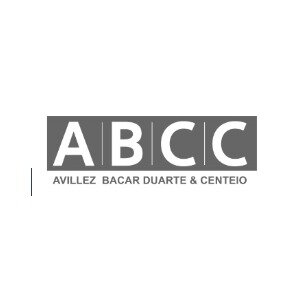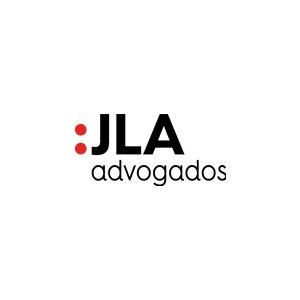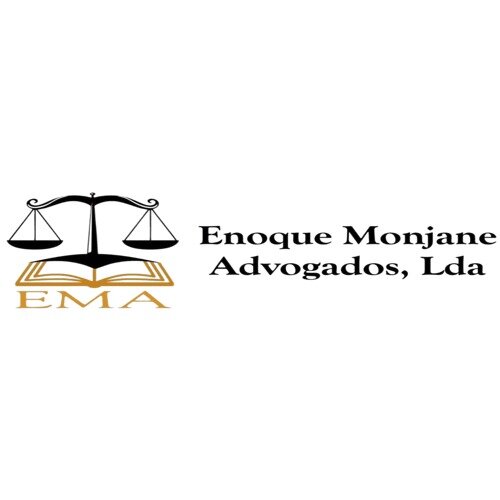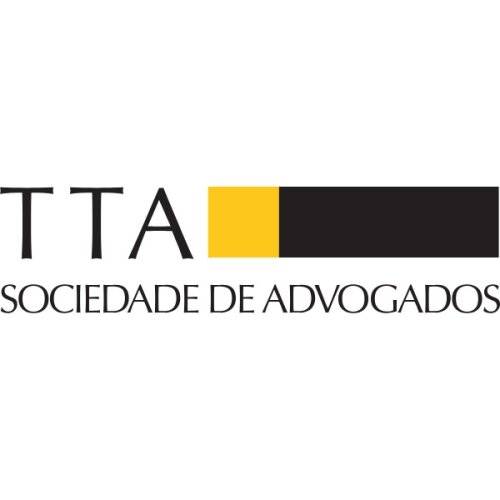Best Mining Law Lawyers in Maputo
Share your needs with us, get contacted by law firms.
Free. Takes 2 min.
List of the best lawyers in Maputo, Mozambique
About Mining Law in Maputo, Mozambique
Mining Law in Maputo, Mozambique refers to the set of rules, regulations, and legal principles that govern the exploration, extraction, processing, and export of mineral resources within the country. In recent years, Mozambique has experienced significant growth in its mining sector, particularly in coal, natural gas, heavy sands, and gemstones. The government actively seeks to regulate and balance the interests of investors, local communities, environmental protection, and national economic development. Mining operations are regulated primarily by the Mining Law and related government decrees, under the supervision of various ministries and regulatory agencies centered in the capital, Maputo.
Why You May Need a Lawyer
Engaging in mining activities in Maputo, Mozambique can be complex due to the legal framework and regulatory requirements. There are several scenarios where individuals and companies may need the guidance of a qualified Mining Law lawyer:
- Obtaining exploration or mining licenses and permits
- Negotiating mining concession agreements with the government
- Understanding environmental compliance requirements
- Resolving disputes between mining companies, communities, or the state
- Structuring joint-ventures or partnerships between foreign and local stakeholders
- Handling land rights and compensation issues for affected communities
- Addressing taxation, royalties, and fiscal obligations under Mozambican law
- Ensuring compliance with labor, safety, and health regulations on mining sites
- Managing customs and export procedures for minerals
- Dealing with regulatory changes and updating legal documentation accordingly
A specialized lawyer helps navigate these complexities, mitigates legal risks, and ensures full compliance with local and national regulations.
Local Laws Overview
The key legal instrument governing mining activities in Mozambique is the Mining Law, mainly Law No. 20/2014, complemented by the Mining Regulation (Decree No. 31/2015) and sector-specific legislation. The law seeks to promote responsible mineral resource management while fostering local development and attracting investment. Here are critical aspects of mining law in Maputo:
- All mineral resources are the property of the state. Private entities can acquire rights to explore and exploit through licenses and concessions issued by the government.
- There are distinct licenses for prospecting, exploration, mining, and small-scale mining. Each has specific processes and compliance requirements.
- Foreign investors must incorporate a Mozambican company or enter into partnership with local entities to operate in the country.
- Mining contracts often require negotiations with the Ministry of Mineral Resources and Energy, and, for large projects, parliamentary approval.
- Environmental regulations require comprehensive studies, management plans, and ongoing monitoring to limit negative impacts.
- There are requirements for social responsibility, including benefit-sharing with local communities and local content obligations.
- Taxes, royalties, and other fiscal regimes apply, with incentives available in some cases for investment in infrastructure or local value addition.
- The law provides dispute resolution mechanisms, which may include Mozambican courts or, in some cases, international arbitration.
Maputo, as the capital, houses the principal regulatory authorities and courts where much of the legal business and licensing takes place.
Frequently Asked Questions
What is the process for obtaining a mining license in Mozambique?
The process starts by submitting an application to the National Institute of Mines. It requires supporting documentation, payment of fees, technical and financial capacity assessment, and environmental studies. After approval, the government issues the appropriate license or concession.
Can foreign companies own mining rights in Mozambique?
Yes, foreign companies can acquire mining rights but must establish a company incorporated in Mozambique or partner with local entities to comply with national participation requirements.
How long do mining licenses or concessions last?
License durations vary depending on the type. Exploration licenses are typically valid for up to five years, while mining concessions can last for up to 25 years with options for renewal based on compliance and ongoing operations.
Are there specific environmental obligations for mining projects?
Yes, the law mandates environmental impact assessments, the creation of environmental management plans, regular monitoring, and rehabilitation of mining areas after operations. Failure to comply can result in suspension or revocation of licenses.
What taxes or royalties apply to mining operations?
Mining operations are subject to corporate taxes, value-added tax, and royalties on minerals extracted and exported. The rates can vary depending on the mineral type and scale of the project.
Are there requirements to hire local workers or use local suppliers?
Yes, mining companies must prioritize Mozambican workers and utilize local suppliers and services where feasible, as stipulated in the local content and social responsibility requirements.
What rights do local communities have regarding mining activities?
Communities affected by mining have rights to be consulted, receive fair compensation for land use, and benefit from social development projects funded by mining companies.
Can mining disputes be resolved through arbitration?
Yes, disputes arising from mining operations can be referred to arbitration, particularly if stipulated in the mining contract. Otherwise, Mozambican courts usually have jurisdiction.
Do small-scale miners have different regulations?
Small-scale and artisanal miners are subject to a simplified licensing process and different compliance requirements, though they must still adhere to environmental and safety standards.
How can I find a qualified lawyer specializing in Mining Law in Maputo?
You can approach the Mozambican Bar Association, consult local chambers of commerce, or seek recommendations through industry networks for reputable law firms and consultants specializing in mining and natural resources.
Additional Resources
For further information or assistance related to Mining Law in Maputo, Mozambique, consider the following resources:
- Ministry of Mineral Resources and Energy (MIREME): Government body overseeing mining activities
- National Institute of Mines (INAMI): Regulatory agency handling licensing, monitoring, and compliance
- Mozambican Bar Association (Ordem dos Advogados de Moçambique): Resource for finding licensed lawyers
- Chamber of Mines of Mozambique: Industry association promoting responsible mining
- Environmental authorities for guidance on compliance and environmental licensing
- Local legal aid organizations for guidance to smaller operators and communities
Next Steps
If you require legal assistance in Mining Law in Maputo, Mozambique, follow these steps:
- Clearly define your objectives and gather relevant documentation related to your mining interests or concerns
- Research and identify qualified mining law specialists or reputable law firms in Maputo
- Arrange a consultation to discuss your specific situation and obtain preliminary legal advice
- Prepare to share relevant details about your business, intended activities, or concerns to facilitate proper assessment
- Engage your chosen lawyer with a clear mandate, agree on terms of engagement and ensure transparent communication throughout the process
- Follow your lawyer's guidance regarding deadlines, compliance requirements, and representation before regulatory authorities
By proactively engaging legal counsel, you can ensure that your mining activities comply with Mozambican law and are structured for long-term success and security.
Lawzana helps you find the best lawyers and law firms in Maputo through a curated and pre-screened list of qualified legal professionals. Our platform offers rankings and detailed profiles of attorneys and law firms, allowing you to compare based on practice areas, including Mining Law, experience, and client feedback.
Each profile includes a description of the firm's areas of practice, client reviews, team members and partners, year of establishment, spoken languages, office locations, contact information, social media presence, and any published articles or resources. Most firms on our platform speak English and are experienced in both local and international legal matters.
Get a quote from top-rated law firms in Maputo, Mozambique — quickly, securely, and without unnecessary hassle.
Disclaimer:
The information provided on this page is for general informational purposes only and does not constitute legal advice. While we strive to ensure the accuracy and relevance of the content, legal information may change over time, and interpretations of the law can vary. You should always consult with a qualified legal professional for advice specific to your situation.
We disclaim all liability for actions taken or not taken based on the content of this page. If you believe any information is incorrect or outdated, please contact us, and we will review and update it where appropriate.
















